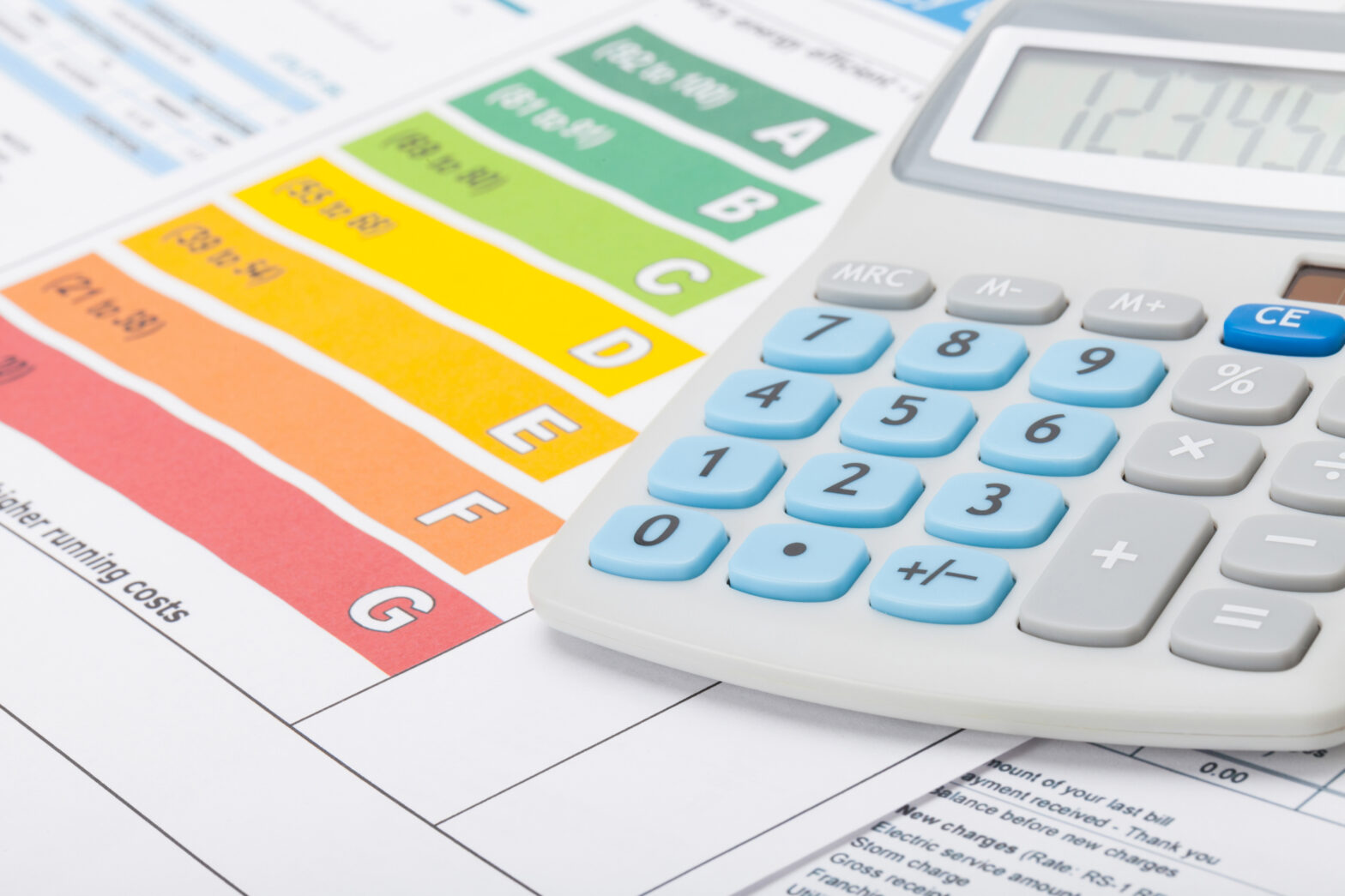The poll of 760 senior UK managers and directors across medium and large businesses, conducted by E.ON, finds that two thirds (67 per cent) of senior managers have no understanding of how their business buys its energy, or even who buys it (54 per cent).
Nearly half (46 per cent) confess to having ‘limited understanding’ of energy usage costs.
More than half of people (53 per cent) report that their management board has a ‘negative’ or ‘neutral’ response to the importance of an energy strategy. Fewer than half of respondents think there is a need for companies to have a short-term energy policy (48 per cent).
When trying to understand this lack of interest in energy strategy from board members not involved in energy decision making, the key issues cited are lack of time (43 per cent), lack of resources (39 per cent), funds (37 per cent) or knowledge (36 per cent) respectively.
Empowering strategy change
Despite the lack of understanding from the senior leadership in businesses, the majority of large businesses (68 per cent) in the poll and almost half of smaller businesses (42 per cent) do have someone responsible for looking at energy strategy.
Of those energy decisionmakers (EDM), three-quarters (76 per cent) have a reduction strategy planned, plus 68 per cent also have a thought-out compliance and legislation process. Some 40 per cent even have plans in place to create revenue generation from surplus production.
However, energy decision-makers need widespread buy-in for these plans to become fully effective. The plans also need to be championed by a board-level director, and unfortunately, a third of EDMs (36 per cent) currently do not believe their board places enough importance on energy as part of an overall business strategy.
Phil Gilbert, director of customer solutions at E.ON for Business says that energy is changing, with new solutions that give businesses of all sizes the power to control their energy use, improve competitiveness and also put money on the bottom line.
‘To make the most of this opportunity energy needs to be thought about in the right way and at the right level – this is a strategic decision that rightly sits in boardroom discussions.
‘For all businesses, there are opportunities to both implement more sustainable energy programmes and reduce internal costs. The energy buying process however just needs to be identified, understood, and then explored in the right way by the business.’





